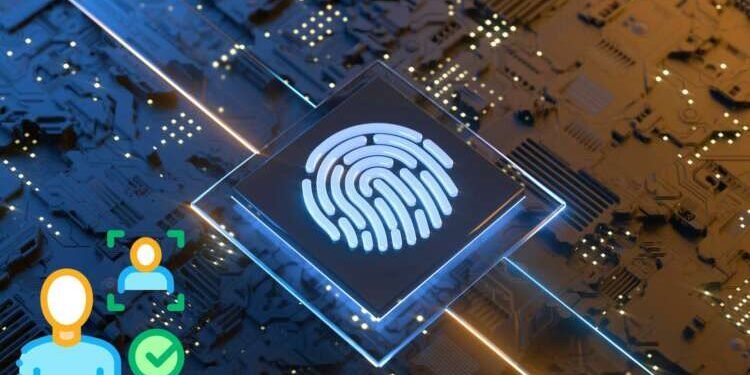Businesses are evolving with the implementation of modern solutions. The transformation from traditional methods to digital operations makes organizational processes easy for most companies. New technologies enable efficient business operations across networks. Moreover, adopting modern solutions makes it difficult for fraudsters to breach digital, interconnected systems.
Online KYC Compliance is necessary for most firms operating in the industry to prevent cybercrimes and money laundering activities. Organizations must implement the Digital KYC onboarding solution to implement the KYC procedures fully. So how does digital onboarding work? Let’s find out in this blog.
The Complete Digital KYC Onboarding Solution
The Digital KYC Onboarding of customers is becoming the default way to onboard new clients. The phase is critical for transforming the prospects of customers and allows firms to perform easy customer due diligence. Finding the right tools for KYC compliance makes the process more seamless for onboarding new customers. Think of the process for onboarding new customers. There are tons of things to perform, such as filling out forms. The Digital KYC compliance solutions replicate the same manual operation by utilizing online channels with automated processing.
What are the Processes of Digital KYC Onboarding of Customers?
The Digital KYC Onboarding solution takes on the process of manual identity verification and applies all the techniques with digital methods. It improves the accuracy of secure onboarding by minimizing the risk of fraud using modern approaches.
- Digital Verification of Client’s Documents
As digital onboarding involves complete verification of the user from all the KYC checks. It needs to verify the users’ documents to complete the verification process. The digital document verification occurs over the firm’s KYC onboarding networks in which the client needs to upload images of all the legal paperwork. The legal documents include the identity card, passport, and license. The COVID vaccine certificate is also made mandatory now, after the pandemic. The machine uses OCR (Optical Character Recognition) to extract the data from the user’s credentials. The modern-day systems also efficiently detect the forgery and fabrication of documents that many fraudsters intend to apply. Artificial Intelligence helps eliminate the risks of fake documents.
- Biometric Verification For Onboarding
The KYC client onboarding process requires the user’s biometric identity to complete the process. Biometric verification involves the verification of natural characteristics such as fingerprints and faces. The face recognition operation is now widely used for digital KYC onboarding, especially during COVID-19. Verifying the face digitally makes the process much faster and more efficient. Digital recognition strengthens KYC biometric verification using modern technologies such as artificial intelligence. The customer must click a picture of the face and submit it to the KYC verification software for processing. The intelligent system automatically detects the user’s facial traits for biometric evaluation.
- Address Verification of Customer
Confirming the customer’s address is a required operation of KYC compliance, and many organizations have to fulfill it before onboarding a new client. The digital KYC onboarding process analyses the client’s address using modern technologies such as real-time detection from geolocation services. The KYC software verifies the customer’s address automatically with high accuracy.
The Advantages of Digital KYC Onboarding
Modern-day technologies such as AI and ML make the process far more efficient and secure as compared to the traditional way of onboarding customers. It improves the function by minimizing the chances of human errors.
- Simple Operation
The complete process becomes straightforward and organized using the KYC compliance software for Digital KYC Onboarding. Customers and businesses both are benefitted from this method. When an organization transitions from paperwork to digital modes, it improves data analysis, arrangements, and signatures. For the customer, the process dramatically improves user-friendliness and all-around experience.
- Fast Processing
The traditional methods of verification could be faster and more active. It may take up to days to complete the new customer’s KYC checks before onboarding. With digital KYC onboarding, client registration is rapid, making the operation much faster. The clients get on-time responses with proper feedback, confirmation of KYC verification, and customer due diligence. It enhances data security along with faster feedback.
Wrapping It Up
Digital KYC onboarding of clients has made the process of customer onboarding much simpler and faster. It also prevents fraudsters from accessing organizational resources with its technology-efficient tools and checks. Digital KYC customer verification works across the networks, improving the overall experience in different industries worldwide. Many sectors, such as the financial, educational, healthcare, insurance, real estate, and travel industry, utilize the digital process for daily operations.
Also Read: Data Management and Data Analysis: Why They’re Crucial?



